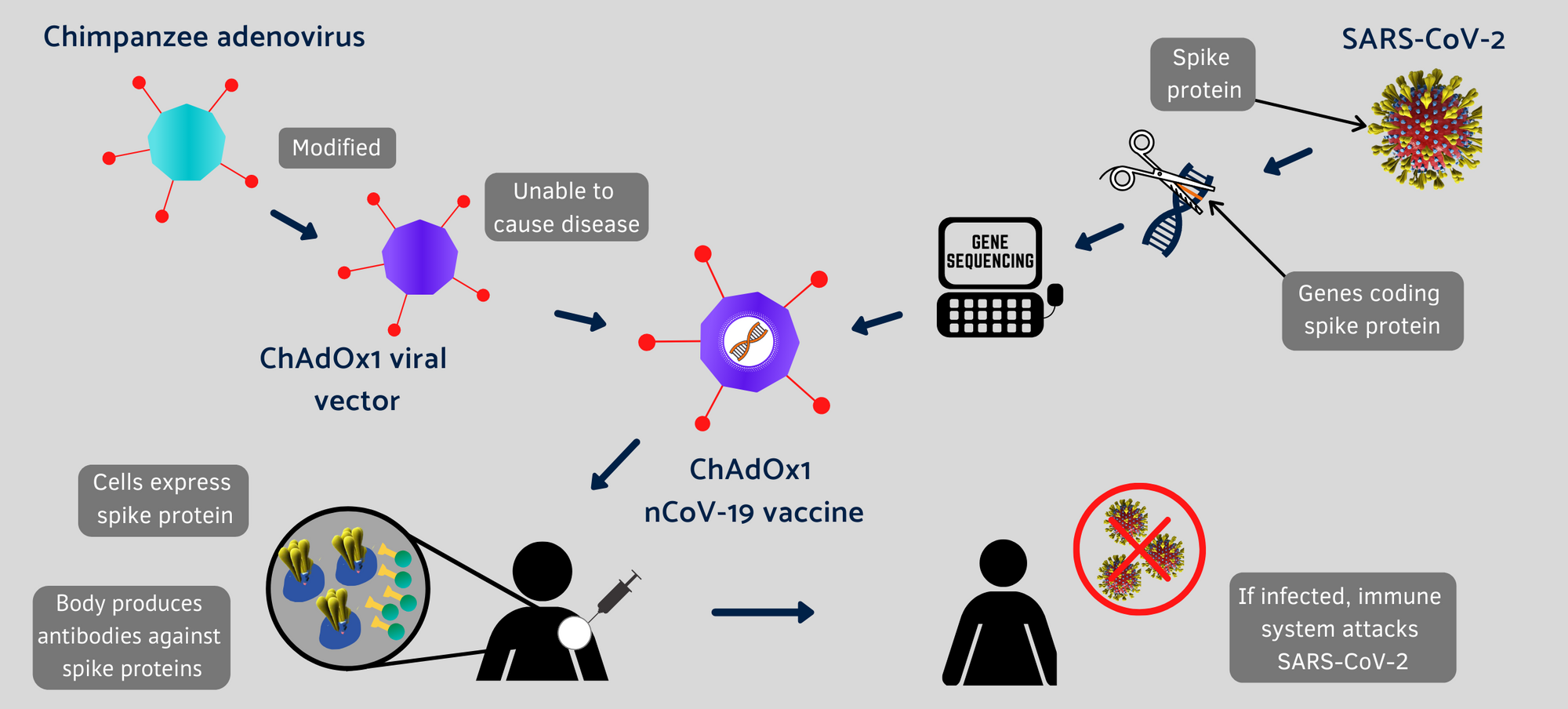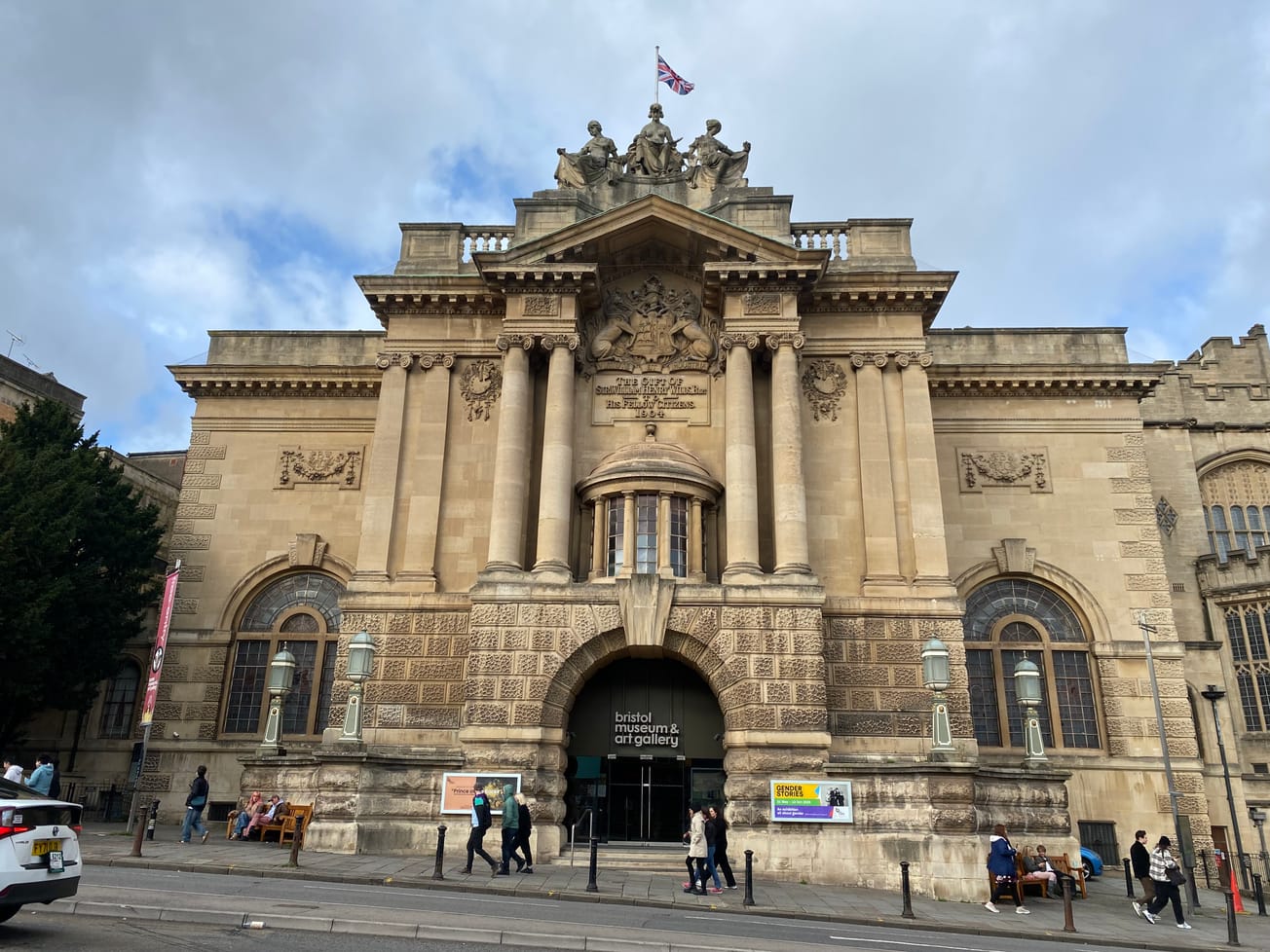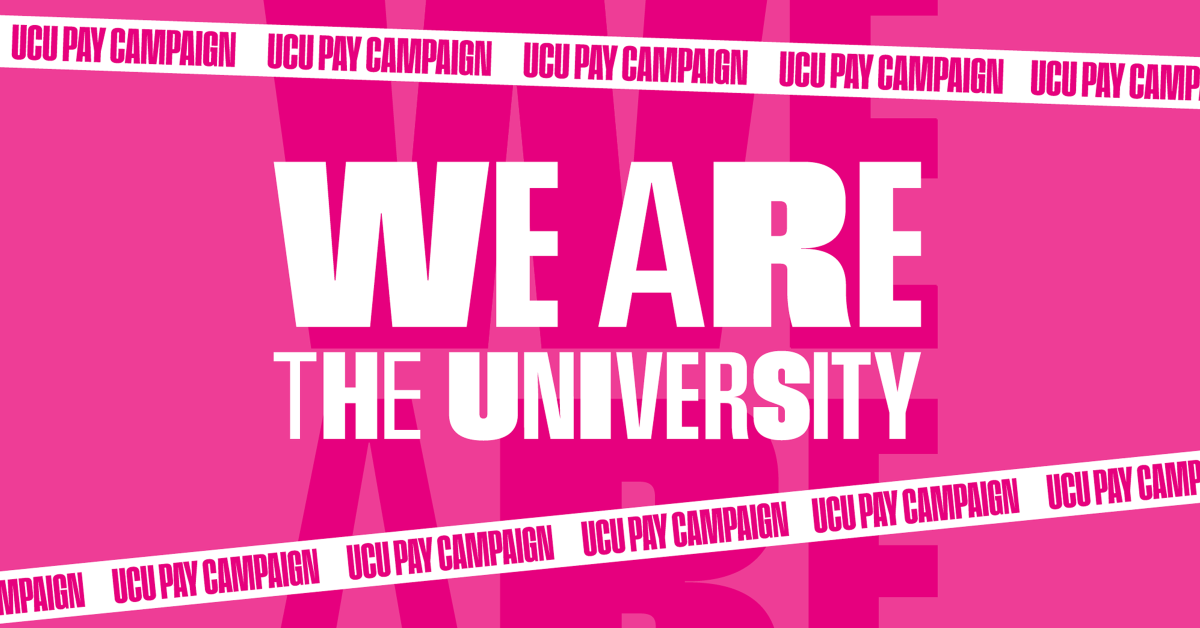by Molly Pipe, Student Life Correspondent
Participants between the ages of 18 and 55 will be paid £235 to take part in the study.
Bristol will be one of the four UK areas to test a coronavirus vaccine, in an upcoming trial by Oxford Vaccine Centre. Residents of postcodes BS1-BS6 and BS8 are being asked to volunteer for the trial, which will take place at the Bristol Children's Vaccine Centre.
Participants must be in good health and aged 18-55. They must not be pregnant or breastfeeding, have been diagnosed with COVID-19, or have participated in a related adenoviral vaccine trial before. The trial is expected to last six months, with volunteers making four to 12 visits to the vaccine centre.
Those who are involved for the duration of the study will be paid £235.

The Jenner Institute and Oxford Vaccine Group, who are running the study, began work on vaccine development on 20 January, ten days before the World Health Organisation (WHO) declared a Public Health Emergency. Their trial will run at the same time as a trial at Imperial College London.
£42.5 million have been given to the two UK trials by the government.
Thames Valley, Southampton and Greater London are also sites for the clinical trial, with all but Thames Valley still recruiting volunteers. More than a thousand participants will be recruited over the four areas, with the trial beginning tomorrow, 23 April.
We are funding 3 more #COVID19 studies
— NIHR Oxford Biomedical Research Centre (@OxfordBRC) April 21, 2020
Prof Andy Pollard & Dr Daniel O’Connor @OxfordVacGroup are using multi-omic techniques to assess the safety of the new #vaccine being developed by @JennerInstitute @Oxfordmedsci https://t.co/J2M5bLm2Ad 1/3 pic.twitter.com/GuOVEaXpeM
The vaccine uses a chimpanzee common cold virus called ChAdOx1, modified with the spike protein of SARS-CoV-2 (the coronavirus that causes COVID-19). ChAdOx1 is a non-replicating virus, meaning that it is safer to give to vulnerable people because it cannot cause long-term infection. It also generates a strong immune response from a single dose, making it a good candidate for a vaccine.
The search for a vaccine is predicted to take 12-18 months.
With global cases currently at 2.5 million, the search for a vaccine has taken on unprecedented speed across the world. In March, the UK government donated a record £210 million to the cause, with Health Secretary Matt Hancock giving a combined £42.5 million to the two UK trials.
| University produces 1,000 litres of hand sanitiser for key workers
The sped-up development programmes mean that a vaccine is predicted to be found in 12-18 months, significantly less time than the standard five year period.
Featured: Pixnio / Bicanski
Will you be taking part in the trial? Let us know!









